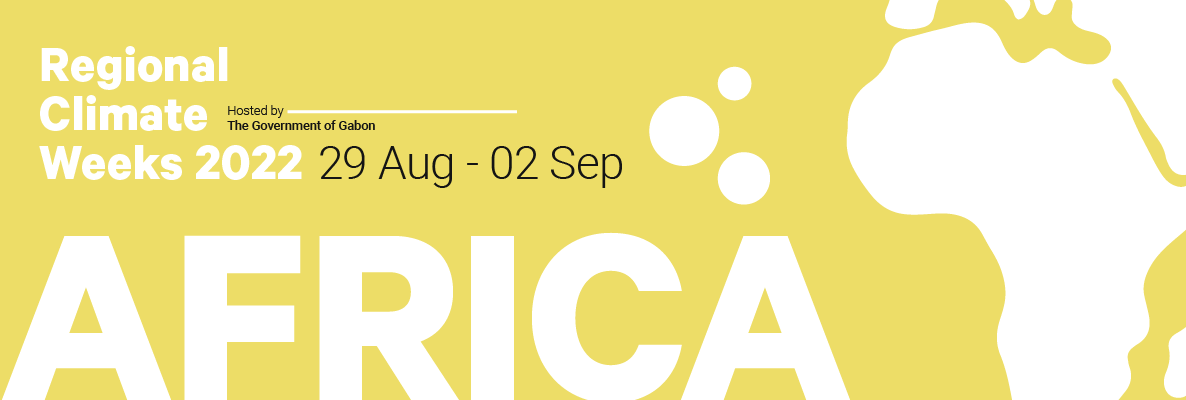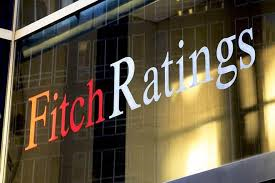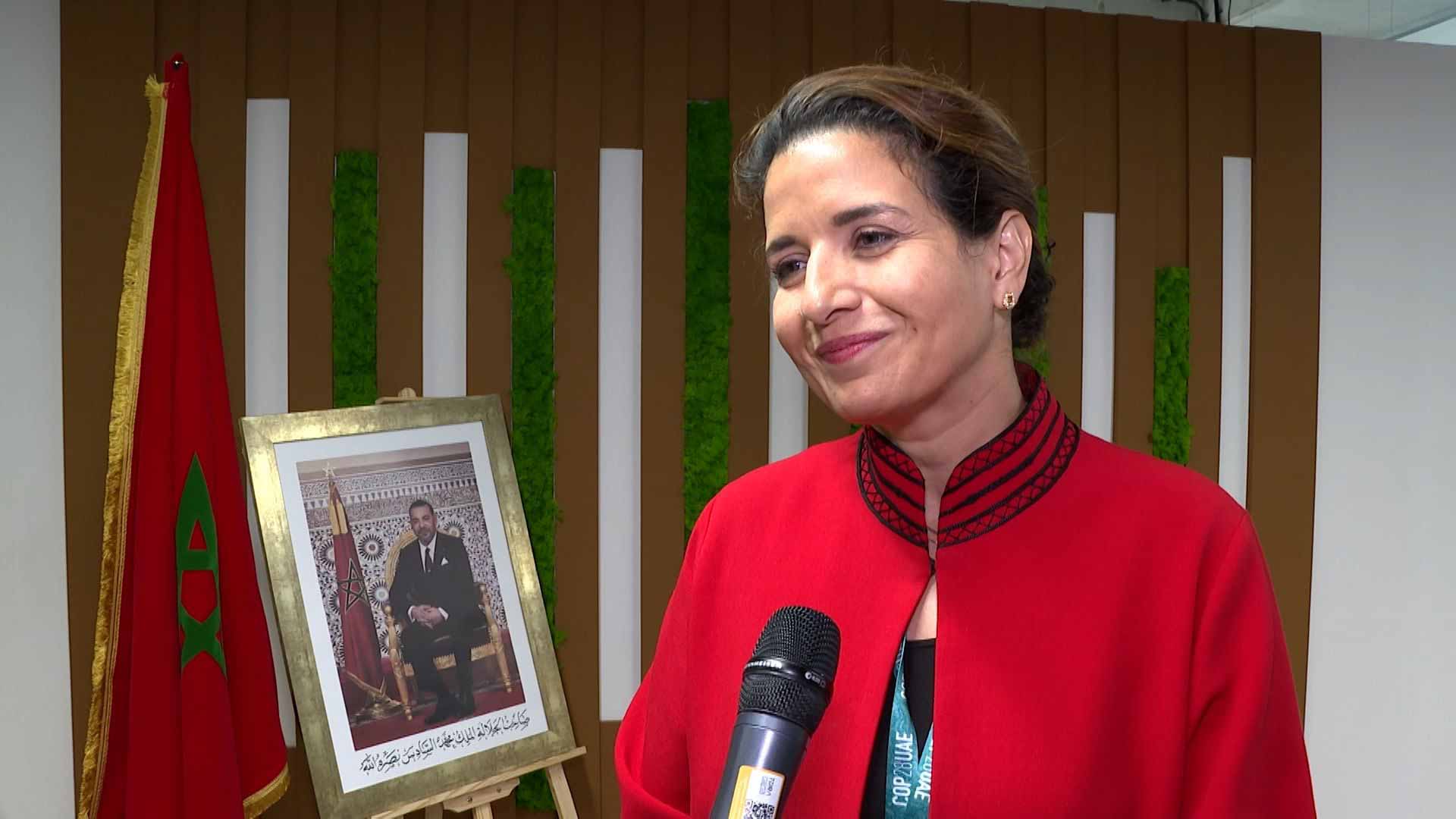Morocco’s commitment to international efforts to combat climate change and its endeavors to reduce greenhouse gas emissions were highlighted in Libreville Monday at a ministerial panel, organized as part of the African Climate Week.
This commitment, which stems from the vision of King Mohammed VI, translated over time into concrete actions and programs in various sectors, particularly energy, said Minister of Energy Transition and Sustainable Development, Leila Benali, who is taking part in the African Climate Week, held in the Gabonese capital from August 29 to September 2.
“This commitment has enabled Morocco to raise its ambition in reducing greenhouse gas emissions (GHG) to more than 45% by 2030, as part of its Nationally Determined Contribution (NDC), under the Paris Agreement and to move on the path to carbon neutrality,” said Benali.
She explained that Morocco’s NDC, which includes some 60 actions and measures, is based mainly on renewable energy and energy efficiency projects and programs that contribute to 60% of the total targeted GHG emission reductions.
Therefore, the renewable energy sector has become a carrier of wealth that leads to improved human welfare and social equity, while significantly reducing environmental risks and resource scarcity.
Morocco has not hesitated, over the past two years, to invest heavily in renewable energy, the aim being to raise the share to exceed 52% in the energy mix by 2030, the official further emphasized.
In addition, Benali underscored Morocco’s “exemplary leadership” in terms of sustainable development and transition to a green and inclusive economy, highlighting namely the National Strategy for Sustainable Development (SNDD).
She also recalled that the Kingdom’s election to the presidency of the 6th Session of the United Nations Environment Assembly (UNEA 6), reflects the commitment of Morocco for the environment through its accession to most of the multilateral environmental conventions, as well as by the implementation of these in national legislation.
On the climate financing part, the Moroccan minister noted, “we fully agree that mixed financing is often the ideal solution for infrastructure projects or even adaptation projects that have relatively low rates of return.”
In this sense, she pleaded for financing mechanisms that multiply efforts in terms of efficiency, especially to develop renewable energy and to consolidate sources of financing for countries that have already done work on reforms and regulatory frameworks, as is the case of Morocco.
The African Climate Week, attended by heads of state and government, officials and experts from around the world, is held in prelude to the COP-27 scheduled in Egypt. It is meant to engage and empower stakeholders to drive climate action across countries, communities and economies. Working together opens opportunity to advance climate action, address social inequalities and invest in development that is good for humanity and nature. Participants are expected to adopt proposals for the implementation of regional actions to combat climate change in the continent and elsewhere.
Moroccan Minister of Economy and Finance, Nadia Fettah Alaoui, and senior executives of the Mohammed VI Foundation for Environmental Protection are also taking part in the event.



